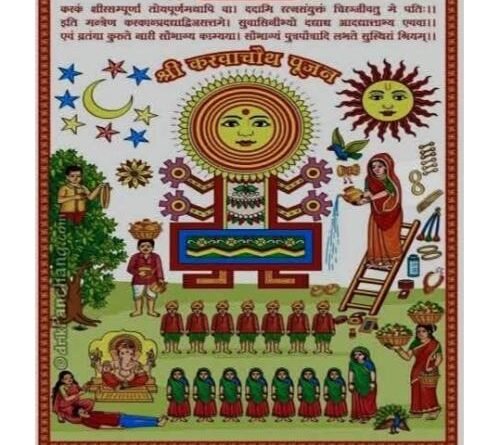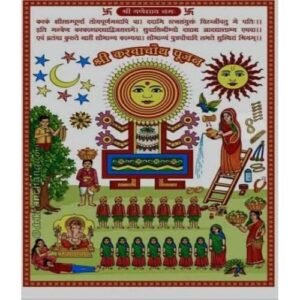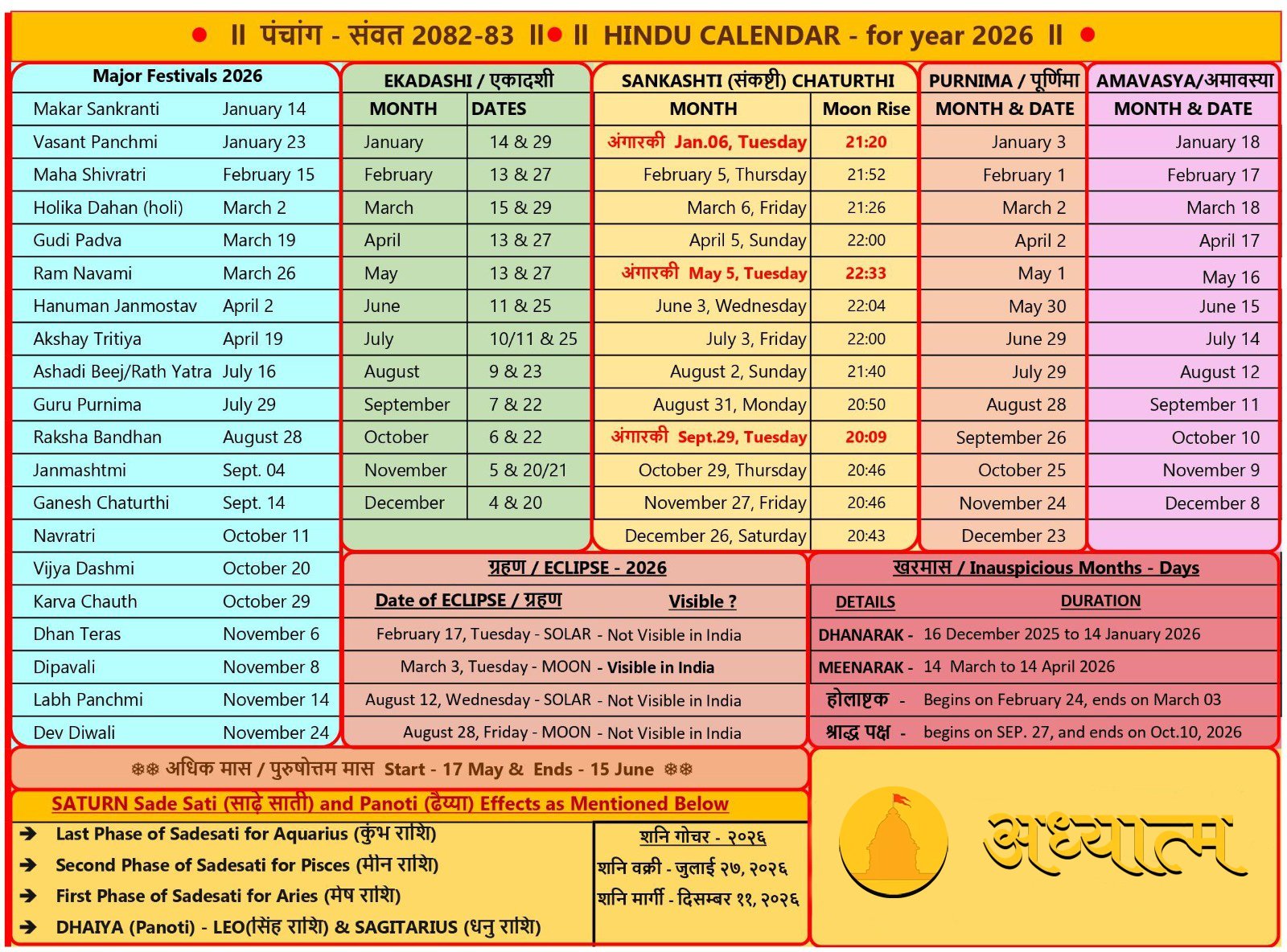When and how did Karva Chauth begin?
The festival of Karva Chauth is considered a symbol of love, faith, and marital devotion in Indian traditions.
Here’s a detailed account of its meaning, origin, and history.
Why is Karva Chauth celebrated?
Karva Chauth is a major fast observed by married women.
On this day, married women observe a waterless fast—that is, they neither drink water nor eat food—for the long life, happiness, prosperity, and good health of their husbands.
After the moon rises at night, they view the moon, take water from their husband’s hand, and then break their fast.
The essence of this fast is:
“Loving sacrifice for the long life of the husband and the strength of the married life.”
When and how did Karva Chauth begin?
There are many stories about the origin of this fast.
The most famous story is related to the Mahabharata period and the story of Veeravati.
1. Connection to the Mahabharata period
When the Pandavas were in exile, Draupadi observed a fast similar to Karva Chauth to protect Arjuna. She observed this fast at the behest of Lord Krishna, ensuring Arjuna’s safe return from all dangers.
2. The Story of Sati Veeravati
A king had seven daughters. Six of the sisters lovingly allowed their youngest, Veeravati, to observe the fast, But the seventh brother, out of pity, gave her water to drink.
The fast remained incomplete, and her husband died at that very moment.
Pleased by Veeravati’s true love and penance, the goddess revived her husband.
From then on, women began observing this fast with full discipline.
Why is it called Karva Chauth? “Karva” means a small earthen pot (in which water is kept).
“Chauth” means the fourth day (the fourth day of the dark fortnight of the month of Kartik).
On this day, water is filled in a pot (Karva) and offered to the moon, hence the name Karva Chauth.
Time
This festival is celebrated on the Chaturthi Tithi of the Krishna Paksha (dark fortnight) of the month of Kartika (usually in October or November).












